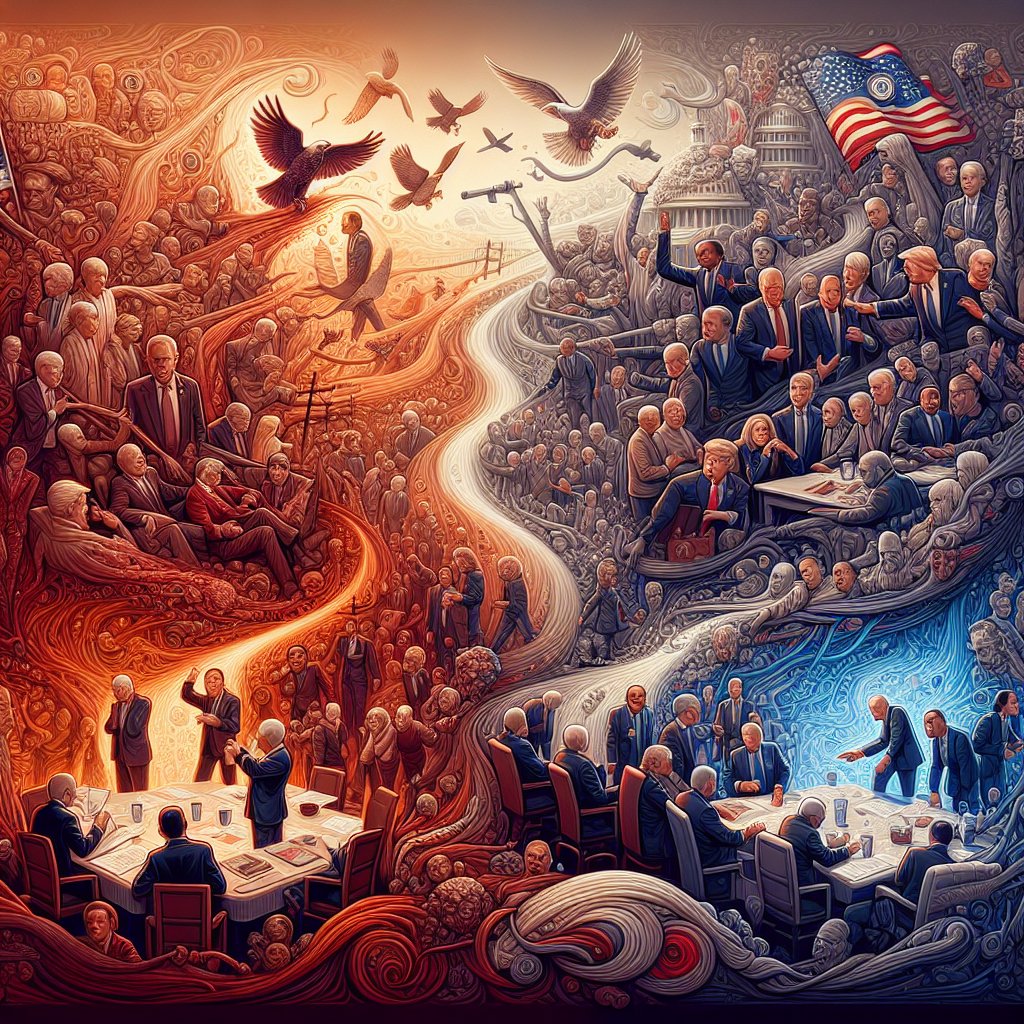Content created by AI
South African Political Landscape in Flux as Big Names Depart and New Parties Emerge
The political landscape of South Africa experienced a tumultuous year in 2023, marked by dramatic exits and the rise of new political factions aiming to reshape the future of the nation's governance.
Among the most startling transformations was the ousting of Ace Magashule, a once dominant figure within the African National Congress (ANC). Following his expulsion and a notable absence from the ANC conference, Magashule, joined by the dismissed head of the Directorate for Priority Crime Investigation, Berning Ntlemeza, launched the African Congress for Transformation (ACT). The ACT represents Magashule's bold endeavor to remain influential in South African politics, directly challenging the ANC's longstanding dominance.
The ANC Youth League (ANCYL), under the leadership of Collen Malatji, made headlines for its assertive stance against senior party members, including ministers such as Thulas Nxesi and Pravin Gordhan, and ANC chair Gwede Mantashe. Malatji's refusal to apologize for public confrontations signals a reinvigorated ANCYL unwilling to conform to the expectations of party veterans.
Realignments within the political sphere also saw Mzwanele Manyi part ways with the African Transformation Movement (ATM) to join the Economic Freedom Fighters (EFF). Controversially associated with the Gupta family, Manyi's departure was met with relief by the ATM.
The EFF itself witnessed both consolidation and controversy as it marked a decade since its inception. The party severed ties with Vusi Khoza, a former KwaZulu-Natal chair, for logistical failures during the anniversary celebrations, highlighting the stringent expectations within party ranks.
Furthermore, Hermann Mashaba, leader of ActionSA, demonstrated a zero-tolerance policy toward internal discord, leading to the expulsion of founding member Abel Tau and his spouse Nkele Molapo.
The Congress of the People (Cope) grappled with its own set of challenges, including the firing of the City of Tshwane's former mayor, Dr. Murunwa Makwarela, amidst financial controversy, and former deputy president Willie Madisha.
The political scene also observed the downfall of Carl Niehaus, former ANC spokesperson. Niehaus's brief stint with his party, the African Radical Economic Transformation Alliance (ARETA), ended in its dissolution and his subsequent alignment with the EFF.
As these political figures and movements navigate the turbulent waters of South African politics, former president Jacob Zuma's public disavowal of the ANC and endorsement of uMkhonto weSizwe (MK) introduces yet another dimension to the political discourse as the country approaches its elections.
These developments raise profound questions regarding the future stability of the ANC and the impact of emergent political entities on South Africa's electoral landscape. With the shake-up of established allegiances and the entry of bold new players, the political game appears to be more dynamic and unpredictable than ever.










